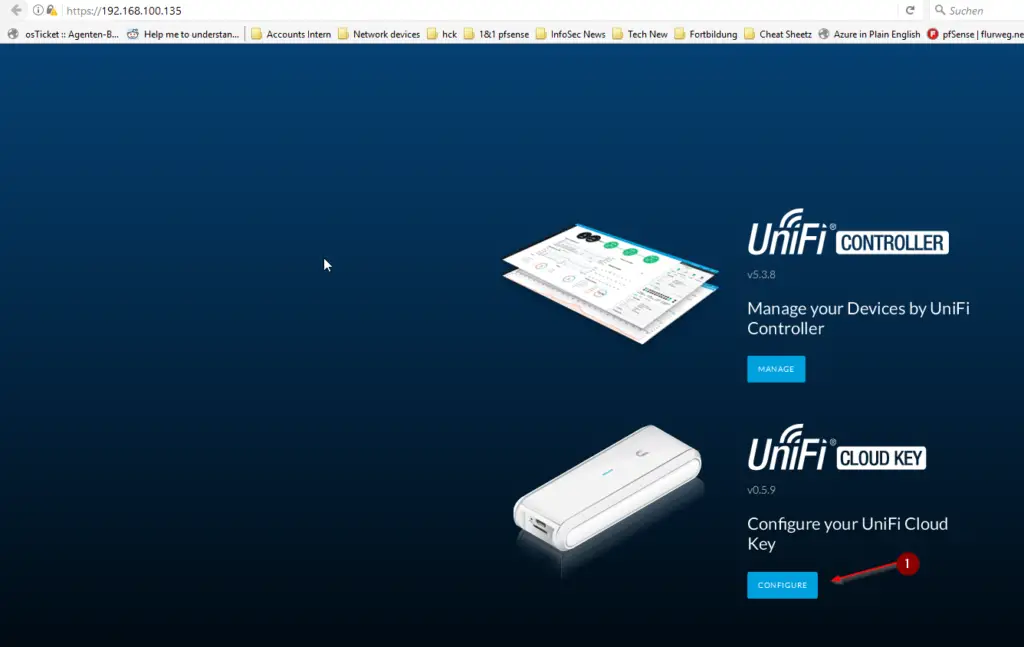
It should also work on Debian but you will need to install SUDO and UFW before running the script. Note: The script has been tested on Ubuntu 14.04 and 16.04 LTS. The script is hosted on GitHub ( unifi-autoinstall) and I strongly urge everyone to view the source and inspect it before running it as it’s never good practice to blindly run scripts. It’s now as simple as running one single command. While the Ubiquiti UniFi controller install process is pretty easy, I’ve tried to make the process even easier by scripting it. Install Ubiquiti UniFi Controller on Ubuntu Your new node is now built and ready to have the Ubiquiti UniFi controller installed onto it.

Linode would be my first choice as they offer the best performance and with 1CPU and 2GB RAM you’ll have more than plenty of resources to run Ubiquiti UniFi Controller and manage many sites and access points.

To automate the install process, I created a simple script to deploy the Ubiquiti UniFi Controller in the cloud on a Ubuntu server, and have also tested the script on three popular VPS providers: Linode, Vultr, and DigitalOcean – all three worked perfectly! The Ubiquiti access points use software called the Ubiquiti UniFi controller to configure and control the access points which can be installed locally or in the cloud – allowing you to manage the access points no matter where they are located. Both of which are a HUGE step up over traditional consumer wireless routers. Recently I replaced my wireless router, an Asus RT-AC66U, with an Ubiquiti EdgeRouter X router and Ubiquiti UAP-AC-LR access point.


 0 kommentar(er)
0 kommentar(er)
